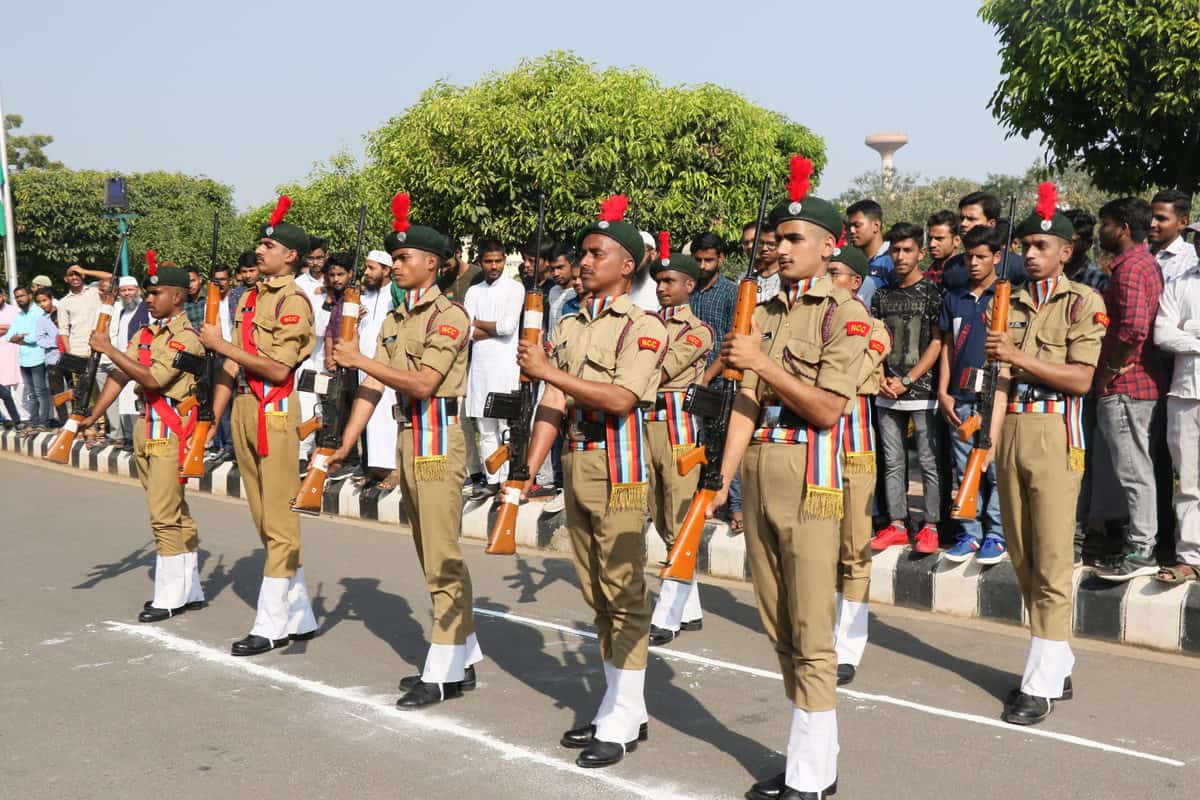
The Kerala government in an order on Thursday stated that headscarves and full sleeves cannot be allowed in Student Police Cadet (SPC) uniform, claiming that it affects secularism and discipline of the police force.
The order came after a grade 8 student, Riza Nahan of GGHS Kuttiyadi in Kozhikode district filed a petition after she was asked to remove her headscarf in SPC uniform by her teachers. The petitioner had initially approached the high court which redirected the issue to the Home Department of Kerala for further developments.
The government order stated that SPC is an initiative of the Kerala Police, implemented jointly by the Departments of Home and Education and that uniforms should be beyond any religious mark.
During the online hearing with the Superintend of Police and Additional State Nodal officer on 10 December, Nahan had pointed out that Sikhs are allowed to adorn turbans and keep beards as a part of their religious practice, they failed to respond to her queries.
“Not every religious practice is an essential religious practice. Muslim men keeping a beard is a religious practice and not essential,” says advocate Ameen Hassan.
However, the Kerala High Court in Amnah Bint Basheer vs CBSE case back in 2015 had established the headscarf as an essential religious practice.
“The Student police cadet is a voluntary co-curricular activity and not a mandatory or compulsory education programme,” read the order.
“This is outrightly outcasting Muslim girls. It is discriminatory as even when a Muslim girl qualifies academically and physically for SPC, she is asked to stay away for practicing her religion,” Hassan stated.
Maktoob Media quoted Nahan saying “We hoped for an order that recognises and includes Muslim women. Since the government order was not positive, we will go to court,”.
“Out of 20 students (in her school), only two Muslim girls have joined SPC. Most of the Muslim girls don’t join SPC, solely because the uniform does not allow headscarves,” Nahan, had earlier told Maktoob.
The case in court will be heard on the merit of the right to essential religious practice and the right of the state to impose reasonable restrictions.



